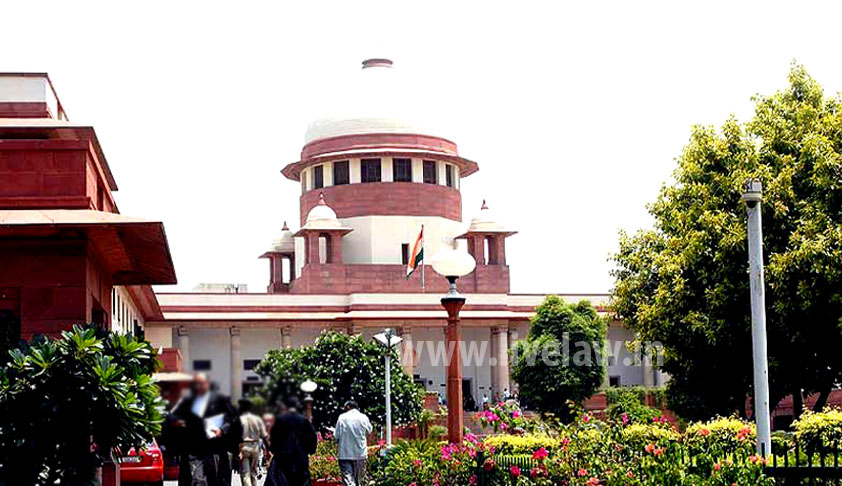For diluting offence of murder, intoxication cannot be a ground, says Supreme Court
LIVELAW NEWS NETWORK
15 March 2014 11:44 AM IST

Next Story
15 March 2014 11:44 AM IST
A Supreme Court bench comprising justices K S Radhakrishnan and VikramajitSen said while upholding the conviction and life sentence awarded by the trial court and confirmed by the Bombay High Court to Bhagwan Tukaram Dange for burning to death his wife under the influence of liquor, ruled that intoxication of a person cannot be a ground for reducing the offence of murder in unintended...
